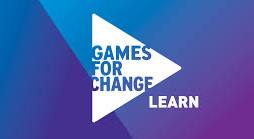Dive Brief:
- A new report, "Holding Teacher Preparation Accountable: A Review of Claims and Evidence," by researchers from the National Education Policy Center takes a multifacted approach to the efficacy of teacher prep program reform efforts and their impact on equitable learning in American K-12 classrooms.
- Overall, the study found an overemphasis on teacher prep programs, however the actual effectiveness of recently-reformed programs seems lackluster.
- Further, it found socioeconomic factors may impact student performance equally or more than teacher performance, including poverty, community resources and "much larger, longstanding and systemic societal inequalities."
Dive Insight:
Essentially, the new report says great teachers aren't a golden parachute for America's more disadvantaged students. Instead, the problem requires a more holistic perspective, drawing from a deep background of socioeconomic factors. Some of its policy recommendations include lawmakers acknowledging and taking action to combat the impacts of poverty, community resources and other dynamics on low student performance; having teacher prep programs evaluation systems deepen beyond simple grades; and shifting the focus from what's referred to as a "primarily bureaucratic" or "market-based" perspective to one of teacher education as professional mandate.
Teacher prep has been a topic of debate lately, with some critics saying that the new teacher prep provision in the Every Student Succeeds Act doesn’t address enough. ESSA gives states the authorization to create teacher-preparation “academies” that are able to operate without standard regulation, igniting concern about a potential lowering of the bar for teacher standards. The Gates Foundation has donated $34.7M dollars to fund five "teacher transformation" centers, created in part to offset ESSA's new preparation guidelines.












